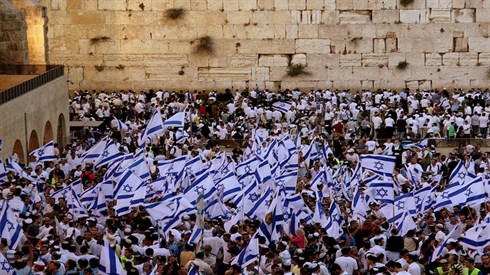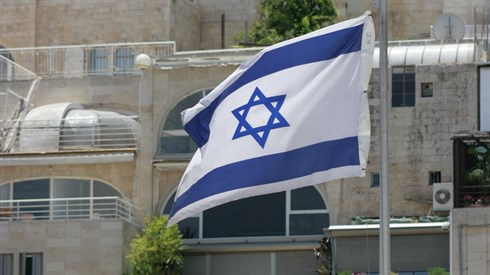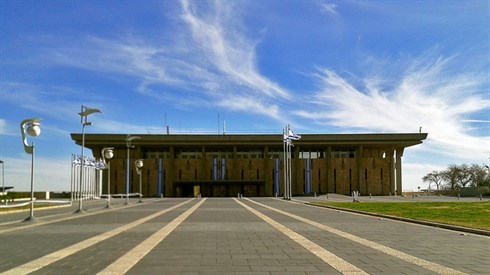1220
Question
My mother is Jewish, my father is non-Jewish (he is 93 and not well).
I have read the Q&A "Avelut for a non-Jew" on a convert saying kaddish for her father: Rabbi Tabasky answered: "The Halachot of mourning (sitting in low chair, torn garment etc.) should not be observed (.....) One may give charity in their honor and according to some authorities recite kaddish."
Yet I am a bit confused. From the above it would seem that sitting Shiva is ruled out and that only some authorities allow for Kaddish to be recited.
I understood in the past that it’s the other way around, i.e. that one is not obliged to sit Shiva or to recite Kaddish, but that is certainly allowed by almost all opinions if one feels the need to do so.
Did I get that all wrong? Or are there different rulings for converts and for Jews by birth with a non-Jewish father, like me?
I love and respect my father very much and he has always respected my Orthodox Jewish way of life. I feel extremely uncomfortable that I would sit Shiva and say Kaddish for my mother and not for my father.
Answer
The various halachot of mourning do not apply to a gentile. On the other hand, there is no prohibition of sitting in a low chair for seven days, accepting condolences, and other aspects of mourning. Kriah (tearing garment) should not be done as clothing should not be destroyed except for a halachic obligation. The rules of "aninut" (the exemptions from mitzvot during the period before the burial) would not apply.
Correct, kaddish is open to dispute, as I indicated earlier.

On which day may one start wishing "Shabbat Shalom"?
Rabbi David Sperling | Iyyar 9, 5780

Why Celebrate Yom Haatzmaut
Rabbi Ari Shvat | Iyyar 5, 5771

divorced parents escorting bride
Rabbi Yoel Lieberman | Tishrei 27, 5772

Buying new things during the Omer
Rabbi David Sperling | Iyyar 18, 5775

Is the Shulchan Hatahor (Komarno) acceptable for halacha?
Rabbi Ari Shvat | Adar 25, 5785
Separate beds while niddah
Rabbi Gideon Weitzman | Nisan 13, 5785

Havara- Sefaradic or Ashkenazic Pronunciation
Rabbi Ari Shvat | Nisan 17, 5785




